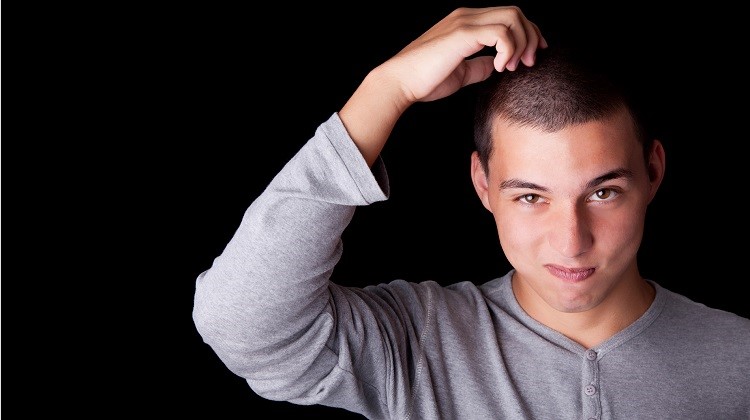
Relationships Australia purports to be a major supporter of individuals and families experiencing domestic violence.
So I wondered: how can they help if you are a male experiencing domestic violence? For example, what services can they provide if you are a male experiencing physical abuse, psychological and emotional abuse, coercive control, and financial abuse within your relationship?
To answer my question, I had a look at their page entitled ‘What to do if you are a male victim of domestic violence?’ found at this link: https://www.relationshipsnsw.org.au/what-to-do-if-you-are-a-male-victim-of-domestic-violence/
On this page, men are encouraged to ‘accept and recognize that it is happening to you….and take steps to break the cycle’. But there is no mention of the need for the abusing party to take accountability.
Further on, there is a recommendation that men call a ‘male domestic violence support service’, yet no specific service is suggested. Instead, there is a generic recommendation that men can seek counselling or speak with the police.
Curiously, the author goes on to mention the following:
‘While domestic violence of any kind is unacceptable, it is important to highlight that there are support services to help men who are perpetrators such as the Taking Responsibility Program, an 18-week course. The program aims to help men who have been abusive in their relationships and want to change that. It also provides support and courses for partners and anyone who may be affected by these abusive behaviours.’
At several points throughout the article, the author mentions how men may be reluctant to disclose their experiences of domestic violence, due to shame and the fear of judgement. Keeping this in mind, I was skeptical that the information found on this page would help to break down the barriers perpetuating male silence. Men are being encouraged to speak up and take action to break their unhealthy relationship patterns, but the only tangible service offered is an 18-week course that focuses on remediating mens’ problematic relationship behaviours.
The message is clear. Regardless of whether you are a male victim or perpetrator, you are a key part of the problem. There are services available to you, but you will need to do more research on who can help. Your experience of being abused is not important enough for us to provide a tangible list of services available to you, or to offer courses that focus on your experience of being abused or the need for your partner to take accountability. However, if you are a perpetrator of violence, we can rehabilitate you with our 18-week program.
Putting myself in the shoes of men who remain silent about their experience of being abused, I couldn’t help but wonder how Relationships Australia could really help. I can imagine that in moments of desperation, men may read this page and walk away with little direction regarding the services that are available to them in their time of need.
The lack of appreciation of male suffering that can be seen on the Relationships Australia website is a reflection of several realities within Australian society. There is little funding and services available for men who experience a wide range of abuse within intimate relationships. The media predominantly focuses on women as victims and men as perpetrators, and this masks the more insidious forms of abuse that men may experience, such as emotional and psychological manipulation, stalking, slapping and kicking, and the imposition of isolation from one’s friends and family. The fact that men experience issues such as these to an equal or greater extent than women has been documented in several studies cited on the 1 In 3 Campaign website. This campaign aims to shed light on the often silent experiences of men who are abused within intimate relationships.
The 1 In 3 Campaign website challenges the narrative that is perpetuated by the White Ribbon campaign; namely that domestic violence is a gendered issue, and that only women and children need protection from the potentially violent men in their lives.
More help is needed for Australian men experiencing domestic violence in all its forms. Services that are currently available to men experiencing domestic violence include:
MensLine: 1300 78 99 78
Dads In Distress: 1300 853 437
LifeLine: 13 11 14